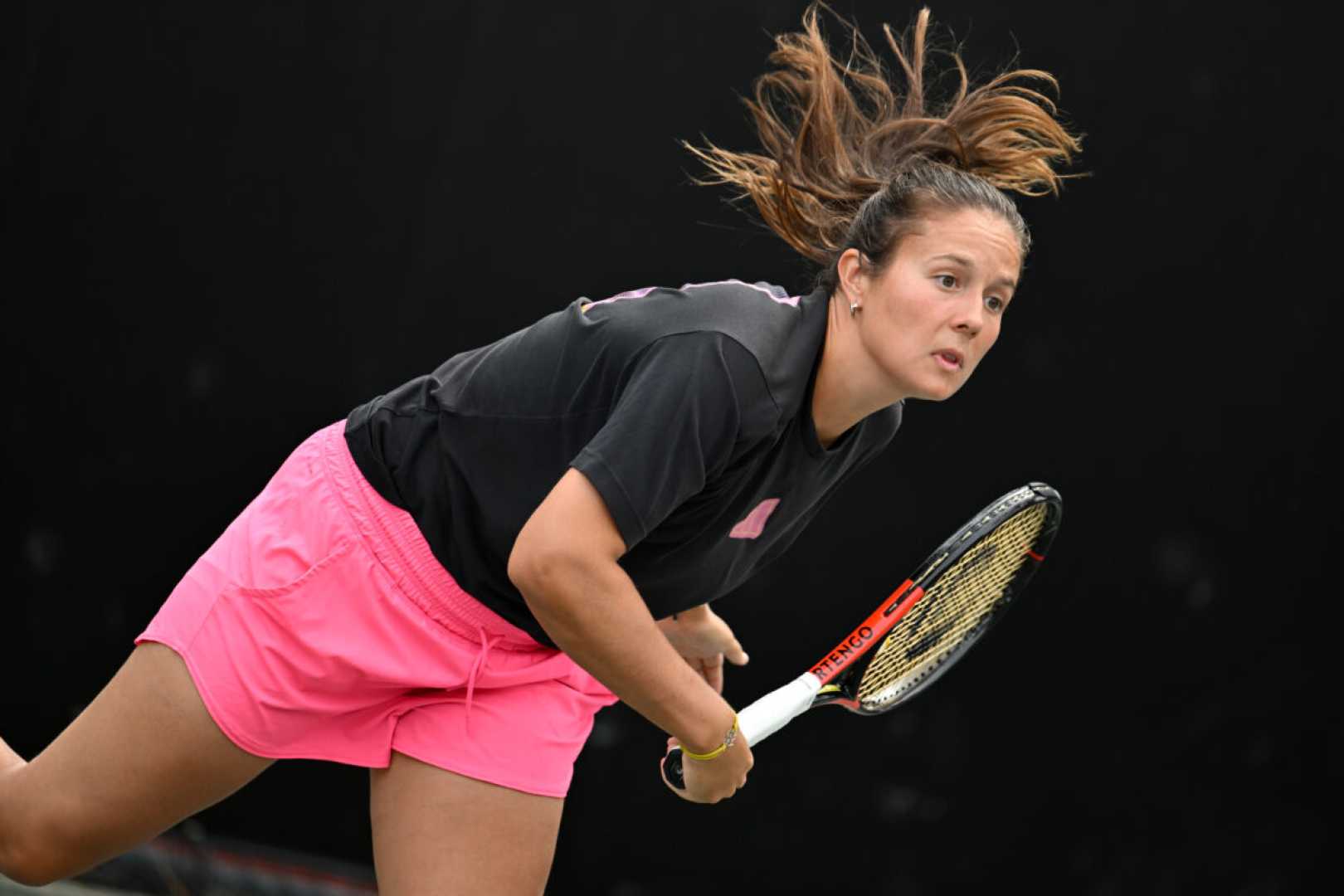Sports
Daria Kasatkina Makes Emotional Switch to Represent Australia in Tennis

CHARLESTON, S.C. — Daria Kasatkina, ranked 12th in the world, is set to make her debut representing Australia at the Charleston Open after receiving permanent residency last week. The Russian-born tennis star indicated that her decision to switch nationalities was significantly influenced by her sexuality amidst the ongoing persecution of the LGBTQ+ community in her home country.
Kasatkina spoke to reporters on Monday and expressed her emotional response to this new chapter in her career. “Honestly, it feels different, I’m not going to lie. It’s emotional for me. I have to get used to it. But I’m really happy to start this new chapter of my life representing Australia on the big stage,” she said.
The 27-year-old has not returned to Russia in over two years, often residing in Dubai or Spain while competing as a neutral athlete. She publicly came out as gay in July 2022, which led to scrutiny from Russian officials, particularly after she criticized the war in Ukraine and the country’s restrictive LGBTQ+ laws. “With everything going on in my previous country, I didn’t have much choice [to switch allegiance]. For me, being openly gay, if I want to be myself, I have to make this step, and I did it,” Kasatkina noted.
Same-sex relationships have been legal in Russia since 1993; however, the government passed a “gay propaganda” law in 2013 that continues to adversely affect LGBTQ+ individuals. The International Lesbian, Gay, Bisexual, Trans and Intersex Association (ILGA-Europe) ranked Russia as the worst country in Europe for LGBTQ+ rights.
Kasatkina previously won a title for Russia at the Billie Jean King Cup in 2021. However, her recent experiences led her to believe that pursuing a tennis career in a more accepting environment was necessary. She is now looking forward to settling in Melbourne, describing Australia as a place she loves and finds welcoming.
As she prepares for her match against either Lauren Davis or Jamie Loeb in the second round, Kasatkina is eager to make a positive impact on the court as an Australian player. “It’s my first official day as an Australian player,” she said, adding that adopting local vernacular made her feel more at home.
Her move to Australia aligns with a growing trend among Russian athletes seeking more hospitable environments due to political and social norms in their home country. Other tennis players such as Natela Dzalamidze, now representing Georgia, and Alexander Shevchenko, who competes for Kazakhstan, have also made similar nationality changes in recent years.
Kasatkina’s journey epitomizes the intersection of sports, identity, and personal freedom, illustrating the profound impact of socio-political issues on athletes’ decisions. As she embarks on this new endeavor in Charleston, the tennis world watches closely, recognizing both the champion she is and the courageous decisions she’s made.












